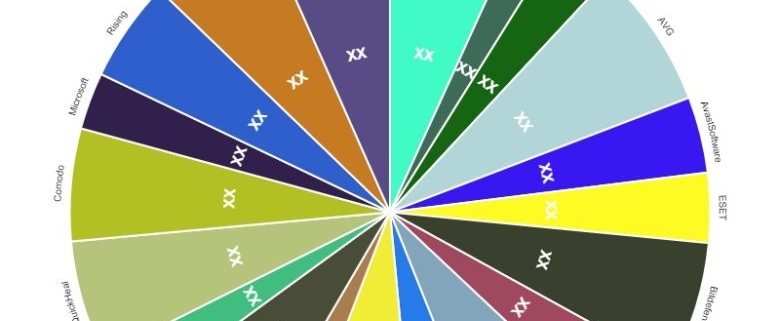NortonLifeLock, Fortinet, McAfee, Avast, Trend Micro, Bitdefender, ESET, Kaspersky Lab, Comodo, F-Secure, AHNLAB – Materials Handling
Predicting Growth Scope: Computer Security for Consumer Market
With so many positive trends shaping the market it’s no doubt that Computer Security for Consumer Market and you as the market player will catch up with other industries in delivering efficient customer experience, improve revenue, and better compete in the market. Although the Computer Security for Consumer market stands at a good growth now, it is undergoing rapid changes, challenges, risks, along with changing pricing and buying patterns especially due to the covid-19 pandemic. Thus, it is important to get better insight about the market and obtain information of all the market aspects.
This report is a comprehensive guide to the future of the Computer Security for Consumer market with analytical approach of the Computer Security for Consumer industry. The technological, economic, and social factors that are seen to be having a major impact on the market are studied in the report. The report delineates critical trends in the Computer Security for Consumer market.
Competition Spectrum:
NortonLifeLock
Fortinet
McAfee
Avast
Trend Micro
Bitdefender
ESET
Kaspersky Lab
Comodo
F-Secure
AHNLAB
The report highlights the strategies undertaken leading firms for market fortification that help market players plan and execute strategies to make most of the trends. Players that are innovating, testing new formats, and dominating the Computer Security for Consumer marketplace are highlighted in the report. The report gives all the essential insights about the market players such as product portfolios, recovery strategies, financial information, production, geographical footprint, strategic initiatives, and new product launches are detailed in the report. This information will help market player willing to create a competitive advantage in the pursuit of Computer Security for Consumer industry leadership.
We Have Recent Updates of Computer Security for Consumer Market in Sample [email protected] https://www.orbisresearch.com/contacts/request-sample/5541435?utm_source=PoojaLP1
Highlights of the Report:
• Trends that will shape the Computer Security for Consumer industry the decade ahead.
• The strategic choices for the…



